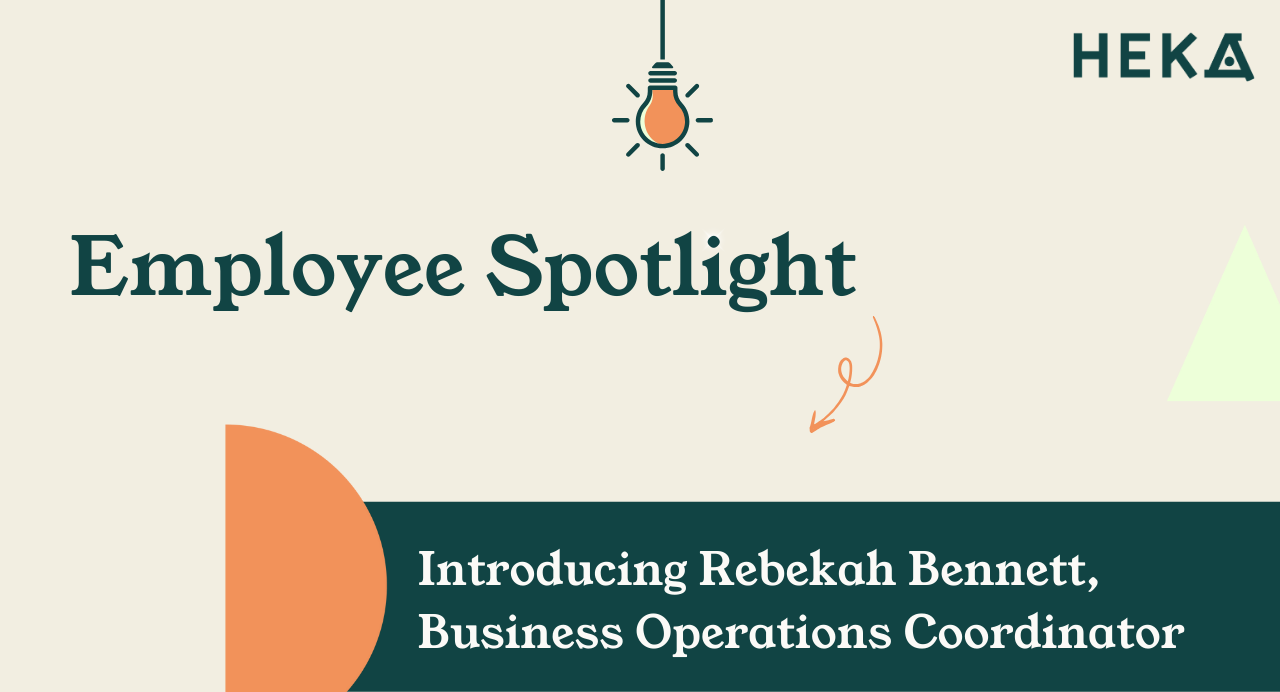A quick summary:
The finance industry has always been about precision, resilience, and high performance. But behind the impressive balance sheets and fast-paced transactions, there's a growing issue: employee burnout, stress-related absences, and a gap between traditional support structures and what today’s workforce actually needs.
With the pressure of heavy workloads, complex regulations, and nonstop markets, companies are starting to realise that old-school employee benefits just can’t keep up with modern teams. The future of finance will belong to the firms that see employee wellbeing as more than just a want: as a key to success.
The New Pressures Facing Finance Professionals
Today's finance professionals - from analysts and risk managers to client service teams and compliance specialists - are navigating an environment of:
- Intensified workloads fueled by global expansion, 24/7 markets, and constant regulatory updates.
- Blurring work-life boundaries, especially in hybrid and remote settings.
- Increased mental health strain, with finance employees reporting higher rates of stress, anxiety, and burnout compared to other sectors.
- Rising expectations from younger generations, who seek meaning, balance, and genuine support from their employers.
These pressures aren't hypothetical, they are already present.
Research consistently shows that financial services professionals experience higher-than-average levels of chronic stress, which is a major risk factor for absenteeism, employee turnover, and even reputational damage if left unaddressed. Those who feel appreciated at work are 80% less likely to suffer from burnout.
Why Traditional Benefits Are Falling Short
Many firms offer standard benefits such as pensions, insurance packages, gym discounts. But in practice, traditional, one-size-fits-all models often fail to meet the complex and evolving needs of today’s finance workforce.
Generic solutions miss critical issues like:
- Mental health support
- Fertility support
- Burnout prevention
- Proactive healthcare
- Work-life boundary management
- Financial wellbeing (ironically under-addressed even in finance)
More importantly, static benefits lack the flexibility needed for employees to personalise their benefits, making it harder for companies to truly engage and retain top performers.
The Shift Toward Flexible, Personalised Wellbeing
Forward-thinking finance firms are moving away from one-dimensional benefits packages toward flexible wellbeing platforms that empower individuals to take control of their health across all areas of wellbeing.
This shift isn't just about offering more; it’s about offering better, smarter, and more personalised wellbeing support - aligned to the specific needs and lifestyles of today’s finance professionals.
Strategic Benefits for Financial Services Firms
Adopting a flexible, preventative wellbeing strategy delivers more than just employee satisfaction. It unlocks measurable business benefits:
- Reduced absenteeism: Proactive health management reduces stress-related sick days.
- Increased productivity: Employees who feel supported are more engaged, focused, and resilient under pressure.
- Talent retention and attraction: In an industry where competition for top talent is fierce, modern wellbeing benefits are a differentiator.
- Strengthened risk management: Healthier, more engaged employees reduce operational and reputational risk.
Importantly, these impacts are amplified in finance - where the cost of errors, burnout, or employee turnover areparticularly high.
Wellbeing as a Business Strategy
In a sector defined by its ability to manage risk and optimise outcomes, employee wellbeing deserves the same level of strategic focus as financial performance.
Leading finance firms are beginning to recognise that investments in flexible, personalised wellbeing aren't a soft initiative; they are a business imperative. Wellbeing drives focus, which drives performance ,which results in greater competitive advantage.
Looking Ahead
As the finance industry continues to evolve - driven by technology, regulation, and changing workforce expectations - firms that embrace flexible, human-centered wellbeing strategies will be best positioned to thrive.
Supporting the health of your teams isn't just about preventing burnout; it's about building the foundation for a healthy and thriving workforce.
Get in touch to learn how we can help you create a workplace where your workforce thrives.






